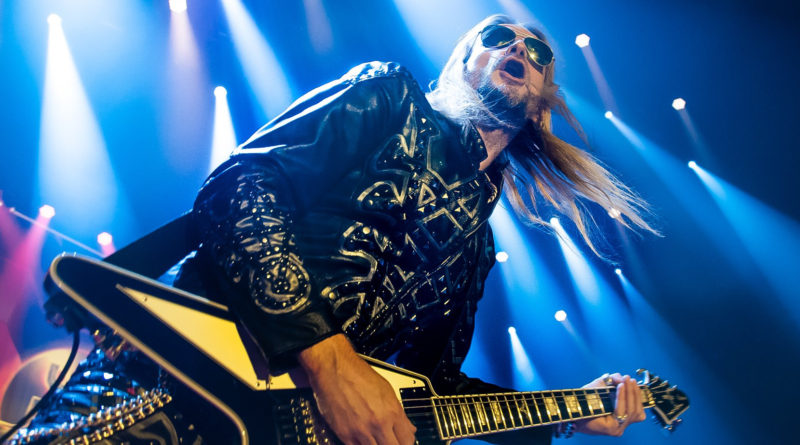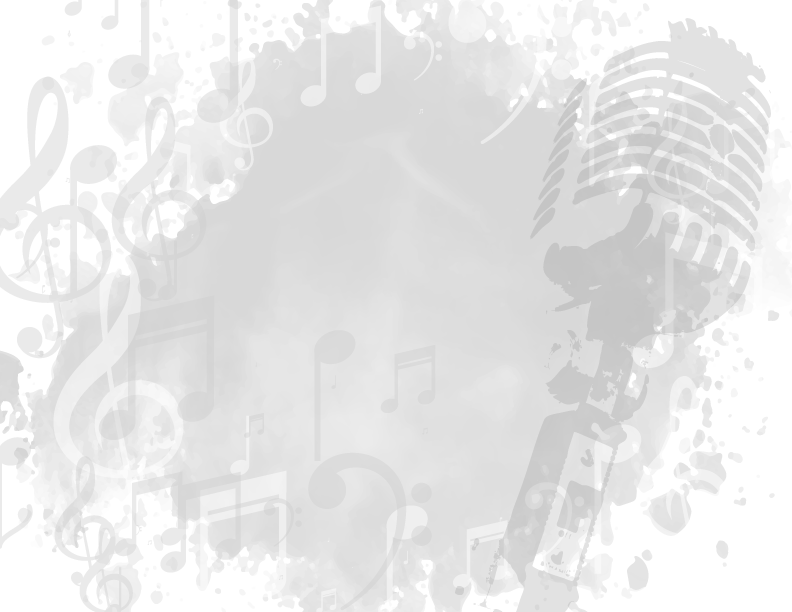No Surrender: A Conversation With Judas Priest’s Richie Faulkner
By the late 2000s, the wheels on the mighty Judas Priest metal machine had begun showing signs of wear and tear. A tepid commercial response to the 2008 concept album “Nostradamus,” combined with a record industry that was in the midst of a massive upheaval, left the band’s future headed out to the highway named The End.
But then someone happened on their way to the heavy metal rocking chair.
A London-born and blonde-maned hotshot guitarist named Richie Faulkner was brought on board to replace original guitarist K.K. Downing following Downing’s sudden retirement prior to the start of what was thought to be the band’s final spin around the world, the aptly named “Epitaph” tour. Faulkner made his first public appearance with the band in front of an “American Idol” audience of millions of television viewers on May 25, 2011, after which, the band hit the road. The rest, as they say, is history.
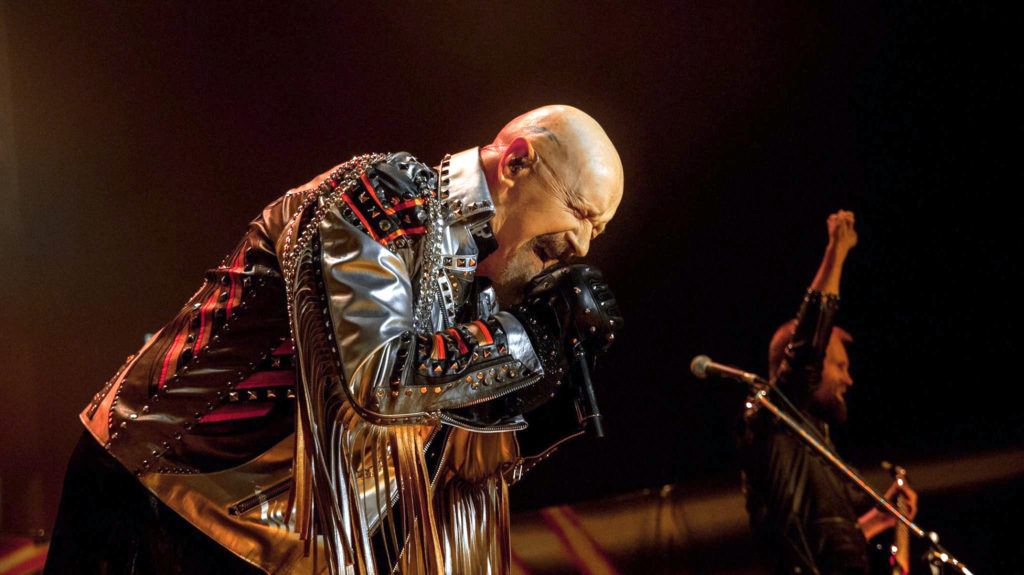
Faulkner’s insertion into the band’s lineup was a perfectly-timed injection of youthful energy to the mix. Much to the delight of the worldwide metal community, vocalist Rob Halford, bassist Ian Hill, drummer Scott Travis, and guitarists Glenn Tipton and Faulkner felt so recharged following the tour that they reconvened to record 2014’s “Redeemer of Souls” album and backed it up with a another successful world tour. In March of 2018, the band continued its late-career momentum burst and released its latest studio album, “Firepower,” featuring the co-production team of famed heavy metal producer Andy Sneap and longtime Priest veteran, Tom Allom, who handled the production duties during the band’s most commercially successful albums in the 1980s. “Firepower” was met with mass critical appeal, debuting at N0. 5 on the Billboard 200, the highest-ever U.S. chart position for the band.
Priest is currently touring behind the album with Sneap substituting for Tipton, who revealed last spring that he had been diagnosed with Parkinson’s disease. In August, the band embarked on a 25-date tour with fellow metal legends Deep Purple, a tour that will include a stop at Stir Cove in Council Bluffs, Iowa on Sept. 21.
ListenIowa caught up with Faulkner recently to discuss the tour, the recording of “Firepower,” and what the future holds for Priest.
What’s it like to be a part of this Judas Priest/Deep Purple package with so much history rolled into it?
It’s surreal, man. As a fan of both bands, it’s great songs and legendary players. It’s just a great night of heavy music.
It must be inspiring to see Rob (Halford) and Ian (Hill), and the guys from Deep Purple out there doing what they do best, at almost double your age.
It is. It encompasses everything this is about. It’s drive. It’s passion. There’s no age on creativity. As long as you’re healthy and take care of yourself, you can get out there and put out music at that age and beyond. It’s also because of the fans. They support this music and these bands. They love this music, and it’s a heartwarming and inspiring thing.
Do you see yourself performing at that age and touring and doing what they’re doing?
Well, they’ve set the bar pretty high. When I was learning the guitar, I was aspiring to be like Jimi Hendrix or Glenn Tipton, and there’s still an inspiration because of them. It’s like, if they can do it, it is it my duty to do it, too. They’re still out there setting the bar.
How important is it, then, that both bands get some validation with a Rock N’ Roll Hall of Fame nod? Or is it even necessary?
That’s a good question, man, and I’m right down the middle, and it’s my opinion and mine only. The main thing, I feel, is that if a band can still be putting out great music, touring the world with great fans after 50 years, that’s all the accolade anyone needs. I don’t think we need an awards show to validate Judas Priest.
If it did happen, it would obviously include Glenn, who is one of the most revered heavy metal guitar players in history. His Parkinson’s disease revelation earlier in the year was a shock to the metal community. How is he doing these days health-wise?
He’s doing fine. With these sort of challenges, there are good days and bad days, you know? When Glenn pulled back from touring, it took the pressure off him, I think. If he was having a bad day, he didn’t have to worry about being able to get through the gig. I think it’s enabled him to be able to have a few bad days, then have a few good days and come out and join us. The fans understand the situation. They’ve been so accepting. They love Glenn. You can feel that they are right behind him, and when he is able to come out, the place just erupts. You can feel the love in the room. He means a lot to all of us.
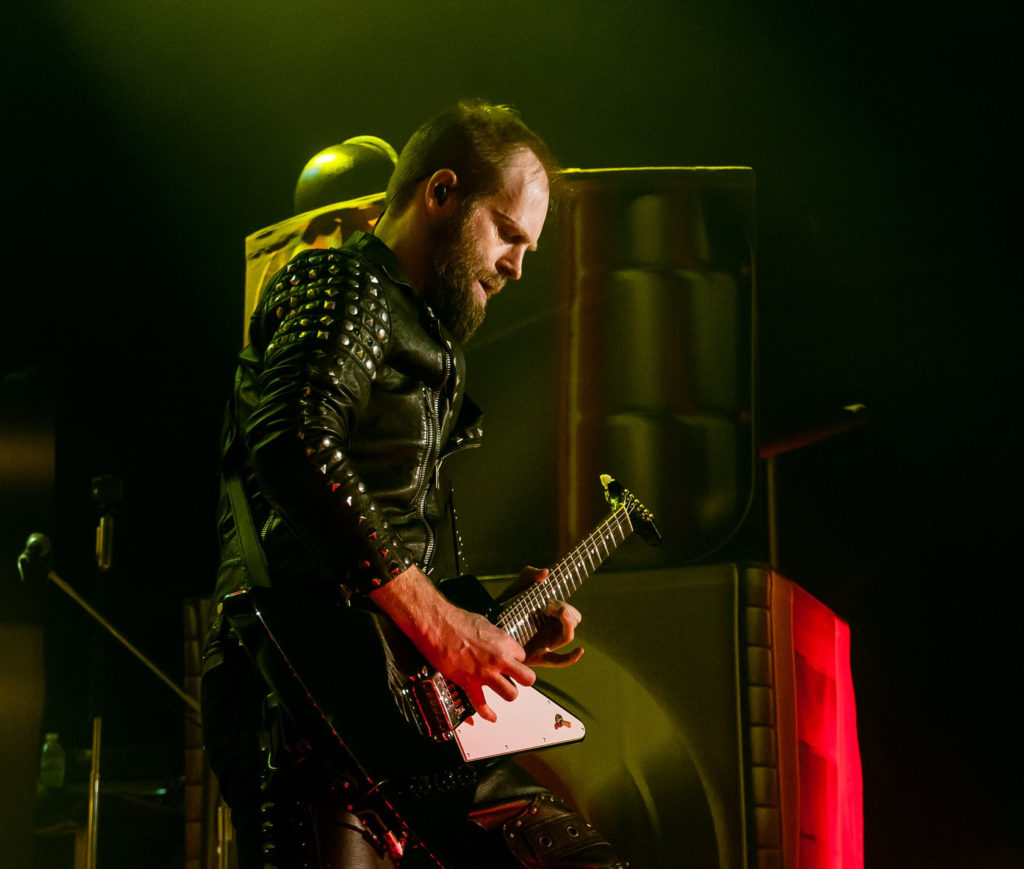
The man who stepped into Glenn’s shoes for the live show, Andy Sneap, is known more for his wizardry behind a production board than a live performer. Did his guitar skills surprise you at all?
Not really. We spent quite a bit of time with Andy in the studio, and you get quite familiar with people’s abilities. Not only is he a good guitar player, but he’s got a good ear and has good intuition musically. When the situation arose where Glenn had to raise his hand and pull back, Andy was the first contender. A big part of it was because we knew him. He, himself, has said he doesn’t want to be the new guitar player in Judas Priest. He just wants to help out in the live situation for Glenn. That’s a noble attitude to have. You know you’ve got the right man when the person doesn’t come in and want to take over and be the new guy. He loves and respects the band and is part of the family.
Andy has become known for resurrecting bands’ careers in recent years, and one of the ways he goes about it successfully is by telling whatever band he is working with to step aside and listen to the songs that got them there in the first place. Did he do anything similar that with Priest prior to heading into the studio to record “Firepower”?
I think it was a very conscience thing that we wanted to make an album in 2018, but there was no retrospective thought process going on where we said we wanted to recreate something. Andy is a fan of the band and knows there are different points in the band’s career that have certain motifs that we know and love. Tom (Allom) was part of the band’s creative team for so many years, he knew it first-hand what those motifs and characters were. So we didn’t really try step back to recreate anything, but if there was something that Scott would do on the drums and we’d go, “That sounds great. That sounds like a Les Binks (Judas Priest drummer from 1977-79), ‘Unleashed in the East’-style motif. And if worked, we kept it. Why not? It was part of the band’s heritage. We wanted to create a Judas Priest record, but one that was 2018, and I think we achieved that because of Tom and Andy.
Is that a production team you’d like to work with again in the future?
I don’t see why not. I don’t think the band had worked with two producers before. It could have gone horribly wrong, but it went fantastically well. We could do it again. One of the great things we did on this album — and I don’t think the band had done this since “Painkiller — was to get in a room together. Me, Glenn and Rob wrote the record and we had the demos of the songs, and then we all got in a room and played them together. We ironed out the creases, fed off the energy of the room, got the tempos right, and determined whether something needed to be cut or added. You could feel it. There was that fundamental feeling of playing together as a band. When the record button gets pushed, you’ve got all that amazing energy, you’ve ironed everything out and you know what to do. I think that’s something we can do moving forward. Andy and Tom were adamant that we do it that way.
“Firepower” is great album and is some of the band’s best work in decades. What were you able to bring to the table with regard to song writing for the album?
The process was the same as “Redeemer of Souls” (2014) where me, Glenn and Rob got together. I think they’ve done that throughout their career, with two guitar players and Rob as the writing team. They were gracious and kept that the same when I joined the band. Giving me the opportunity to have a voice like that was amazing. I had a lot to bring to the table for “Firepower.” Now, that doesn’t mean we used them all, but I had a lot of ideas. Everyone did. When that happens, it breeds creativity. Some things made it, some things didn’t. There’s a lot to play with — a lot of brushes to use for the canvas.
“Redeemer” was your first go-round in the studio with the band. What did you learn from that that you brought to the “Firepower” sessions?
The second time around, it was more important, but in a different way. Not that this was a more important album than the previous, but it was more of evolving as a guitar player, as a song writer, and being a part of the team and helping make a better sounding record.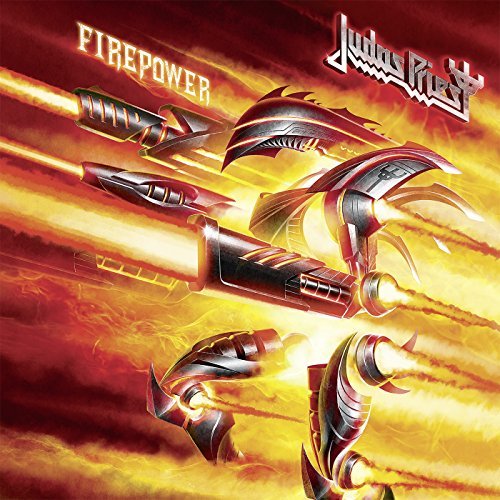
The latest single and video, “No Surrender,” has a quintessential, “Rock Hard, Ride Free” sort of a vibe to it.
You’re absolutely right. It embodies that sort of “You’ve Got Another Thing Coming “sort of headspace of not backing down, and giving it your best shot and rising to the challenge. It’s quite a poignant song, especially since Glenn is having his challenges. It embodies that “no surrender” attitude of heavy metal. Any sort of struggle you’re going through, don’t give up. Push through it and give it your all. That’s what Priest has always been about for me. “Rock Hard, Ride Free” has that same sort of sentiment. It’s a positive song with a “take no crap” attitude, which I think is an important attitude to be having in 2018.
Steve Vai told me recently that, even on his level, he still has a lot to learn on guitar. Where do you think you stand at this point of your career as far as playing, songwriting and an artist overall?
That’s difficult man. Everything is subjective. I’ve never seen myself as nothing more than a little bit better-than-average guitar player. There are wizards out there. I just try to do … me. You can be a little bit better than average guitar player, but I think if you doing something unique to you, that’s the gift and the thing you should try and nurture. As far as writing is concerned, you just try to learn from the masters. Steve was right when he said you never stop learning on guitar. It’s the same thing with song writing. There are always new things to discover, and new things that can inspire you or introduce you to different styles. You keep pushing forward. It’s whatever inspires you. Some people might listen to Hendrix and think it’s awful, and other people listen to it and think he’s the best guitar player in the world. I’m with the second camp. It’s all so relative.
When you replaced original guitarist K.K. Downing in 2011, Priest was embarking on the “Epitaph Tour,” which was labeled as the last go-round for the band. To be blunt, things were stagnant. But your addition to the band refueled Priest and there have been two studio albums and tours since. According to a recent interview with Rob, there’s still plenty of fuel in the tank. Where does Judas Priest go from here?
Great question. The future looks bright. We thank the fans for the success of “Firepower.” It seems to be connecting around the world, and we have the fans to thank for that. Heavy metal is alive and well in 2018. We’ve got a platform to keep going if we want to. We’re all creative people in the band, so I don’t see why we would just stop being creative. But we don’t know what the future holds. After we’re through with the “Firepower” run in 2019, who knows? We can do another record. We have the songs in us. What direction this will take, who knows? It’s an exciting thing. We’re actually starting to throw questions around like, “What should we do next? Should it be this, or that? What are we feeling?” So it’s started. We’re creative people. You can’t help but be inspired by the people and cities around the world and the things that we’re hearing.
Judas Priest/Deep Purple Tour 2018:
August 21 – Cincinnati, OH @ Riverbend Music Center
August 22 – Chicago, IL @ Hollywood Casino Amphitheatre
August 24 – Detroit, MI @ Michigan Lottery Amphitheatre at Freedom Hill
August 25 – Mt. Pleasant, MI @ Soaring Eagle Casino and Resort
August 27 – Hamilton, ON @ FirstOntario Centre
August 29 – Montreal, QC @ Bell Centre
August 30 – Quebec City, QC @ Centre Videotron
September 1 – Wantagh, NY @ Northwell Health at Jones Beach Theater
September 2 – Bethel Woods, NY @ Bethel Woods Center for the Arts
September 5 – Darien Center, NY @ Darien Lake Amphitheater
September 6 – Holmdel, NJ @ PNC Bank Arts Center
September 8 – Virginia Beach, VA @ Veterans United Home Loans Amphitheater at Virginia Beach
September 9 – Camden, NJ @ BB&T Pavilion
September 11 – Charlotte, NC @ PNC Music Pavilion
September 12 – Jacksonville, FL @ Daily’s Place
September 14 – Atlanta, GA @ Verizon Amphitheatre
September 16 – Biloxi, MS @ Mississippi Coast Coliseum
September 18 – Kansas City, MO @ Starlight Theatre
September 20 – Welch, MN @ Treasure Island Casino
September 21 – Council Bluffs, IA @ Harrah’s Council Bluffs
September 23 – Denver, CO @ Pepsi Center
September 26 – San Diego, CA @ Mattress Firm Amphitheatre
September 27 – Irvine, CA @ FivePoint Amphitheatre
September 29 – Mountain View, CA @ Shoreline Amphitheatre
September 30 – Wheatland, CA @ Toyota Amphitheatre

